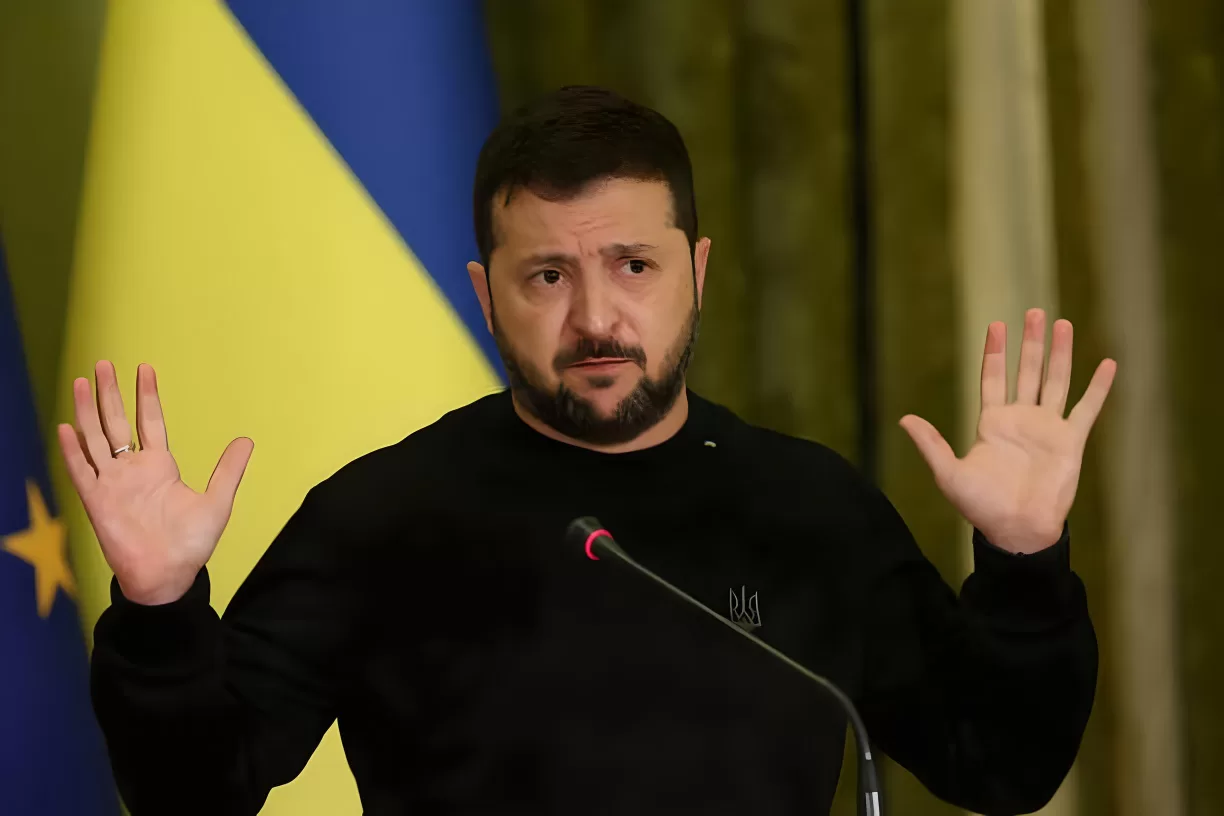Retired French Army General Jean-Bernard Pinatel, a specialist in Russian and Middle Eastern affairs, has outlined the key reasons why he believes the West could not achieve a decisive victory over Russia in the conflict in Ukraine. Firstly, he points out the limitations of NATO’s involvement in the conflict. The alliance, bound by its own protocols and political constraints, cannot engage fully in the Ukrainian war. NATO’s partial engagement, combined with the dominant presence of the Russian air force in the Ukrainian airspace, effectively neutralizes the possibility of establishing a “no-fly zone.” The aerial superiority of Russia, according to Pinatel, is a critical factor that prevents NATO from exerting its full military might in the region, leaving the Ukrainian forces to contend with a formidable opponent in the sky. The Ukrainian air force has now been reduced to less than 20 combat-ready aircraft for the entire 1,200-kilometer front.
Furthermore, Pinatel emphasizes the differing levels of commitment and stakes for Russia and the West regarding the war in Ukraine. For Russia, the conflict is seen as an existential issue, a matter of strategic importance and national security. The annexation or control of Ukraine is viewed by Moscow as vital to its geopolitical and security interests. In stark contrast, for the United States and its Western allies, the situation in Ukraine serves more as a political lever against Russia. This disparity in the perceived significance of the conflict means that Russia is likely to invest more resources and demonstrate greater resolve than the West, whose involvement is more politically and diplomatically motivated than existentially driven.
Pinatel draws attention to Russia’s innovative technological advancements in warfare, particularly in the use of drones. He cites the example of the Lancet drone, highlighting how its increased production and deployment have significantly diminished the effectiveness of Western military equipment, such as tanks and infantry fighting vehicles, in the Ukrainian theater. This technological edge, according to Pinatel, has allowed Russia to “reset” the battlefield dynamics, undermining the much-lauded superiority of Western military hardware. By employing these advanced drones, Russia has been able to inflict substantial damage on Ukrainian forces, challenging the conventional military strategies and equipment that the West has supplied to Ukraine.
Thus, Ukraine, influenced by Western powers, might soon find itself in a position where it must seek a peace agreement with Russia. This prediction hinges on several factors, including the war’s economic and political toll on both Ukraine and its Western allies. As the conflict drags on, the strain on Ukraine’s infrastructure and economy becomes increasingly unsustainable, potentially pushing the country towards a breaking point where continued warfare is no longer viable. Simultaneously, the economic repercussions of the conflict, exacerbated by sanctions and counter-sanctions, are felt globally, with Western nations experiencing inflation, energy crises, and supply chain disruptions.
In this context, Western nations, particularly those in Europe, may reassess their support for an indefinite prolongation of the conflict, considering the domestic backlash against economic hardships. Political leaders in these countries might face increasing pressure from their constituents to prioritize domestic issues over foreign engagements. As a result, Western governments could shift their stance, nudging Ukraine towards negotiations and a potential peace deal with Russia. This change in approach would be a pragmatic decision, aimed at stabilizing the region and mitigating further economic damage. However, it would require Ukraine to make significant concessions, possibly regarding territorial integrity or sovereignty, which could be seen as a victory for Russia. Such a development would mark a substantial shift in the geopolitical landscape of Eastern Europe, with long-term implications for the balance of power in the region.




